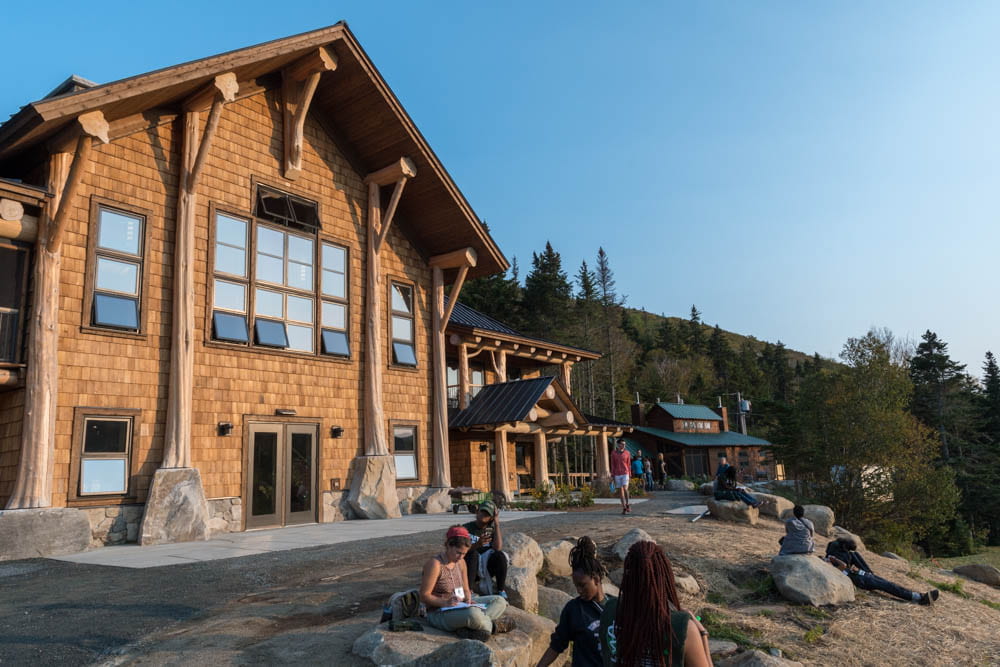General Information about Item:
- Informant: Stephanie P.
- Location: Hanover, NH
- Date Collected: 10-29-21
- Form of Folklore: Customary/Ritual
- Language: English
Informant Data:
- Stephanie is a female, class of 2022 Dartmouth student. She was born and raised in Colorado. Outside of doing schoolwork, she enjoys skiing and spending time outside. While at home in Colorado, she likes to travel around the state and take in the nature. She experienced the DOC trip her freshman year in 2018.
Contextual Data:
- Cultural Context: First-year freshman trips are outdoor orientations programs led by returning students. They happen every fall – with exception to last year because of the pandemic. Stephanie, like many other incoming students, was concerned coming into Dartmouth as she moved across the country. She contemplated doing the program, but ultimately chose to do it and enjoyed her decision.
- Social Context: Coming into Dartmouth, students have little knowledge about the school and its surrounding nature. To expose it to them, returning students take the freshman on trips so that they can build relationships for their four years as undergrads.
Item:
- Just like the other informants, Stephanie received a survey asking for trip preferences before arriving to school. She described the process – “I don’t recall all the options, but I remember hiking, climbing, and cabin-camping.” She appreciates the outdoors, but not enough to be outside all day; so, she picked cabin-camping as her first choice. Attached below is a picture that she took at the Moosilauke Lodge. She had this to say about the area – “everyone needs to make it out to this lodge. It is beautifully constructed inside and out. During my trip, we spent most of our time exploring the surroundings, and we were able to hang out in the cabin whenever we want.”
Associated file:

Transcript:
- “I really enjoyed my DOC trip and recommend that every freshman should do it. A part of me with I chose another preference, but I really liked the cabin-camping option… To this day, I still have 2 close friends that I made on this trip – and I think that is the main goal of these trips, to bond with other incoming students.”
Informant’s Comments:
- S.P. recollects these events from 2018 – when she was a freshman. She contemplated even going to a trip, however after reflecting on it, she was happy that she went through with it.
Collector’s Comments:
- S.P. appreciated the trip that occurred in 2018. The cabin-camping seemed very different from Sean’s experience, but they served the same purpose as it acted as a perfect transition activity.
Collector’s Name: Ben Keeter

